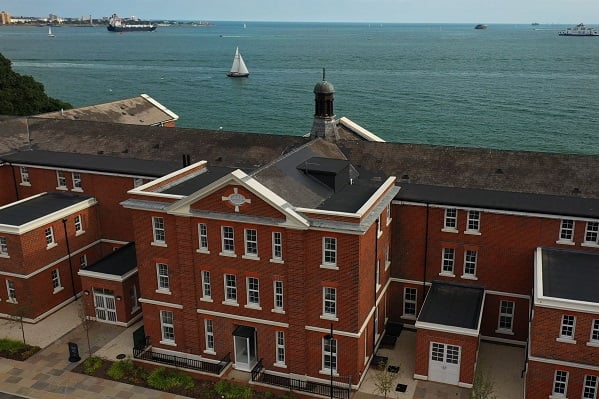Housing is a key concern for Londoners. Which party is taking a stand? The YouSpotProperty.com founders examine the evidence
Ask your average Londoner what the biggest single pre-election issue they want tackled is. Bet you, it’s not immigration, fracking, or even education. It’s affordable housing.
This issue stands out like a sore thumb. Thirty years ago, one third of under 24-year-olds could afford their own home. Nationally, and particularly in London that’s wishful thinking by today’s standards.
What makes the problem worse is that there are fewer new homes under construction nationally – only 100 000 per year – which is the lowest rate for almost a century. The demand for new homes and the ongoing lack of social housing has pumped London’s private rental market. Great news for landlords, but a costly blow for social housing benefit recipients.
Of our two main political parties, whose housing election manifestos might make a difference to Londoners?
Labour
Cons:
Labour’s latest housing pledge is to scrap stamp duty for properties under £300k. With the average house cost around London and the South East at around £330,000 this policy’s benefit will have negligible benefits in the capital where there is a tiny selection of housing stock for under this threshold. And then there’s Labour’s controversial mansion tax, whereby houses valued over £2m would be taxed 1% annually. Yes, this benefits other parts of the country as it goes into a national housing pot, but we know London’s bustling economy is driven by what goes on at the top end of the market. If this slows down, it’s a double-edged sword for the economy and country as a whole.
From an empty home perspective we’re all too familiar with many large wrecks of homes which might be worth £2m as they are simply located in an area of increased value which may stay that way if owners are obliged to pay this Robin Hood-style penalty.
Pros:
For all the marginal benefits these two housing measures bring, we also know Labour are willing to tackle a major issue for Londoners. We await the party’s pledges to give private tenants a new raft of rights. This is absolutely crucial for Londoners, and once we know the measures, this could help affordable accommodation more so than long-term housing.
Conservatives
Cons:
The Conservatives ‘right to buy’ for housing association tenants detracts from alleviating the ever-increasing waiting list for social housing in the capital. The priority is wrong. The government needs to prioritise housing needs before incentivising those benefiting from existing secure tenancy. This policy inflames the need for social housing and we may see councils part with their most valuable properties. This removes London’s diversity if affluent areas cannot accommodate a balanced sample of the nation.
Pros:
In the last budget the new lower stamp duty threshold made a difference to Londoners. At the lower end of the spectrum it became advantageous and at the higher end of the market it is more costly, but this represents a system which is better aligned, comparatively, to all other taxation policies.
Do our empty homes have a role to play?
London has 22,000 long-term empty properties out of England’s 660,000 and there are no robust plans, from any of the political parties, to tackle the issue.
The government’s only measures on this front, which is to grant small incentives of up to £25,000, is of negligible benefit when complete renovation is required to get these houses to habitable status.
If councils had the support of the government, whereby significant funds could be allocated to help develop otherwise uninhabitable or long-term empty homes, it would ease the waiting list for social housing and would improve many neighbourhoods around the capital, avoiding majorly disruptive building projects.
The stark reality in London, is that many of its properties have been earning more than their inhabitants. There is no silver bullet solution for a city which contributes to the UK being a world economic power and a country which has emerged from the financial crises better than most. Finding the right balance to be fair to aspiring homeowners around the UK, and to Londoners, is difficult.
Our message is for all the parties to unite in their commitment to build, relax red tape around planning permission, and from our perspective, instill robust plans for dealing with our empty homes crisis.
Now read

Why do campaigners want Boris Johnson to be sacked?

Revealed: The top 10 highest-paid CEOs in the FTSE 100

Drivers warned of road chaos lasting a year as cycle superhighway work begins in London

Sir Terry Leahy’s firm is plotting a £2bn bid for New Look







Leave a Comment